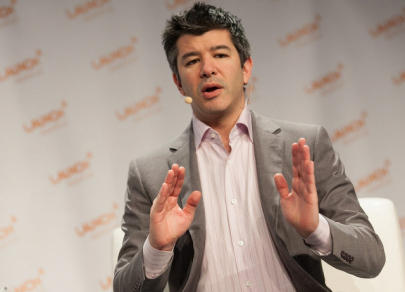FX.co ★ Top 7 business titans stirring controversy
Top 7 business titans stirring controversy
Elon Musk
Elon Musk, the leader of Tesla, SpaceX, and X (formerly Twitter), is arguably one of the most influential businessmen of the modern era. He is lauded for popularizing electric vehicles and revolutionizing the private space industry. However, as his influence grows, so does the criticism he faces. Musk has drawn fire for provocative political statements, flirtations with far-right ideologies, and high-impact public remarks that can sway markets and public sentiment. His management style is often described as harsh, marked by sweeping layoffs, intense pressure on staff, and an allegedly toxic work environment.
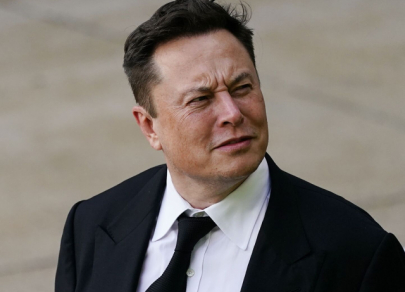
Mark Zuckerberg
Mark Zuckerberg, the founder of Meta, built one of the largest digital ecosystems in history. Although he is seen as a visionary who transformed communication, the scale of his projects has sparked major backlash. Zuckerberg has faced allegations of privacy violations, algorithmic manipulation, enabling disinformation, and abandoning ethical guardrails. Following the Cambridge Analytica scandal and Meta’s 2025 shutdown of its fact-checking system, internal protests flared up but were swiftly quashed, leaving the company’s direction unchanged.
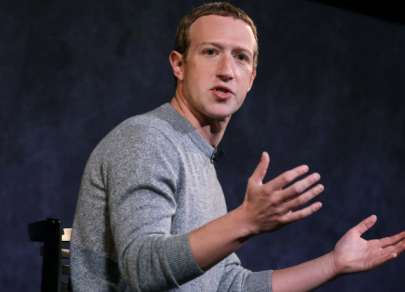
Larry Page
Larry Page, the co-founder of Google and former CEO of Alphabet, is widely recognized as one of the architects of the digital age. Under his leadership, the company launched dozens of products that reshaped everyday life, from search to cloud computing. However, his leadership style raised eyebrows. Page was often described as reclusive and detached. He avoided direct communication and struggled to foster team cohesion. Employees cited his lack of empathy and engagement as factors that eroded morale within the organization.
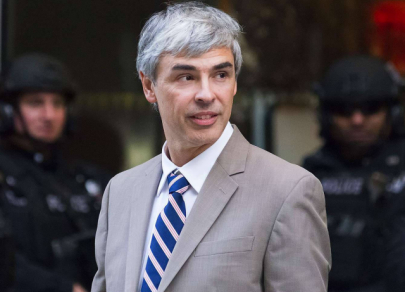
Jeff Bezos
Amazon founder Jeff Bezos led the world’s largest online retailer for decades. Although he stepped down as CEO in 2021, his influence over the company and its corporate direction remains substantial. Bezos has long faced criticism over harsh working conditions in Amazon warehouses, anti-union tactics, and alleged monopolistic practices. In 2025, he returned to the spotlight following reports of meddling in the editorial direction of The Washington Post, which he owns. These revelations triggered a wave of resignations and public outcry.
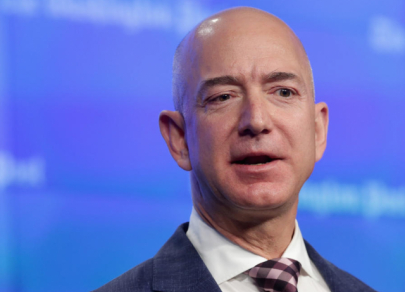
Lloyd Blankfein
Former Goldman Sachs CEO Lloyd Blankfein was once hailed as a model corporate leader who enjoyed strong approval ratings among his employees. However, during the 2008 financial crisis, he became a lightning rod for controversy. Under his leadership, the bank came to symbolize Wall Street greed and later faced an SEC probe over misleading investors about mortgage-backed securities. Blankfein was accused of providing false testimony to Congress and was also linked to the massive corruption case involving Malaysia’s sovereign wealth fund, 1MDB.
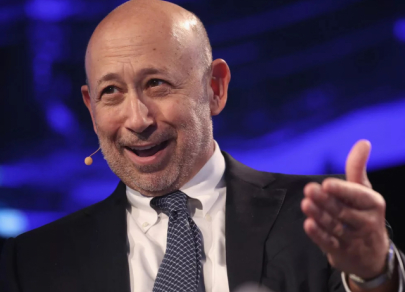
Carly Fiorina
Carly Fiorina made history as the first woman to lead a Fortune 100 company, Hewlett-Packard. Although her appointment was seen as a breakthrough, her tenure was marked by deep controversy. Fiorina was blamed for mass layoffs, pay cuts, and questionable deals involving exports to Iran. During this time, she tripled her own salary and purchased a private jet. After she stepped down in 2005, HP shares gained nearly 7%. A failed foray into politics later further eroded her public standing.
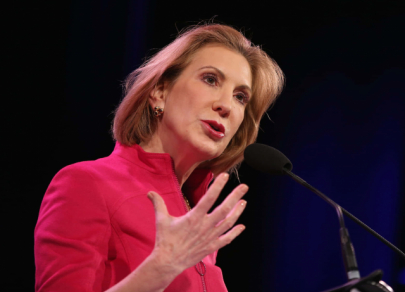
Travis Kalanick
Travis Kalanick, the co-founder and former CEO of Uber, is considered a pioneer of the global ride-sharing revolution. However, his name has also become synonymous with toxic corporate culture. Under his leadership, the company was accused of harassment, intimidation of employees, and aggressive business practices. In 2017, Kalanick resigned under pressure from the board. He later founded CloudKitchens, which quickly attracted similar complaints regarding working conditions, discrimination, and unethical practices.